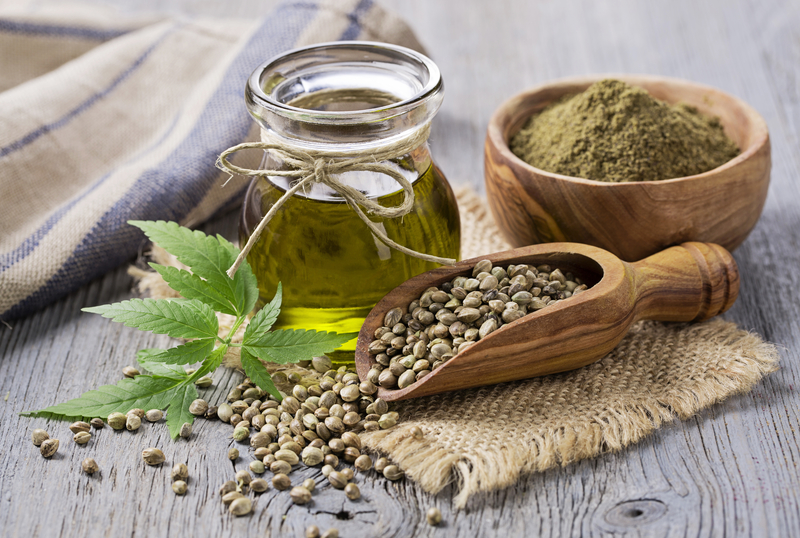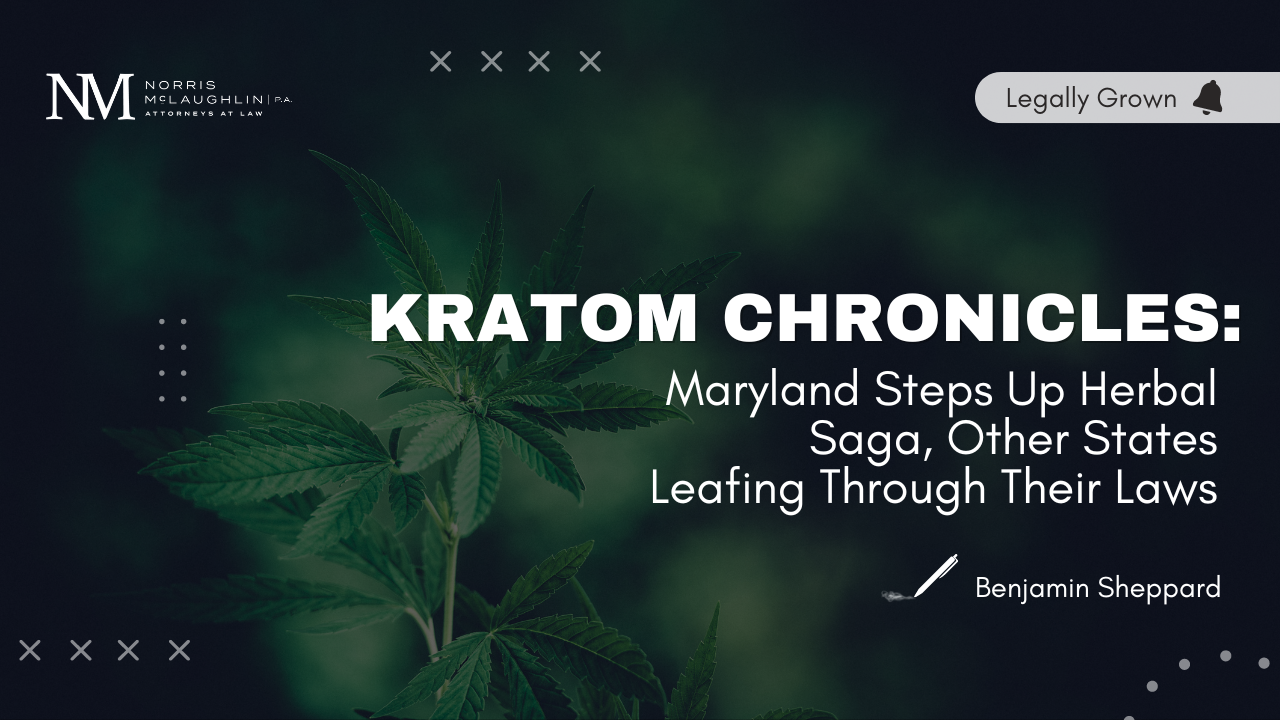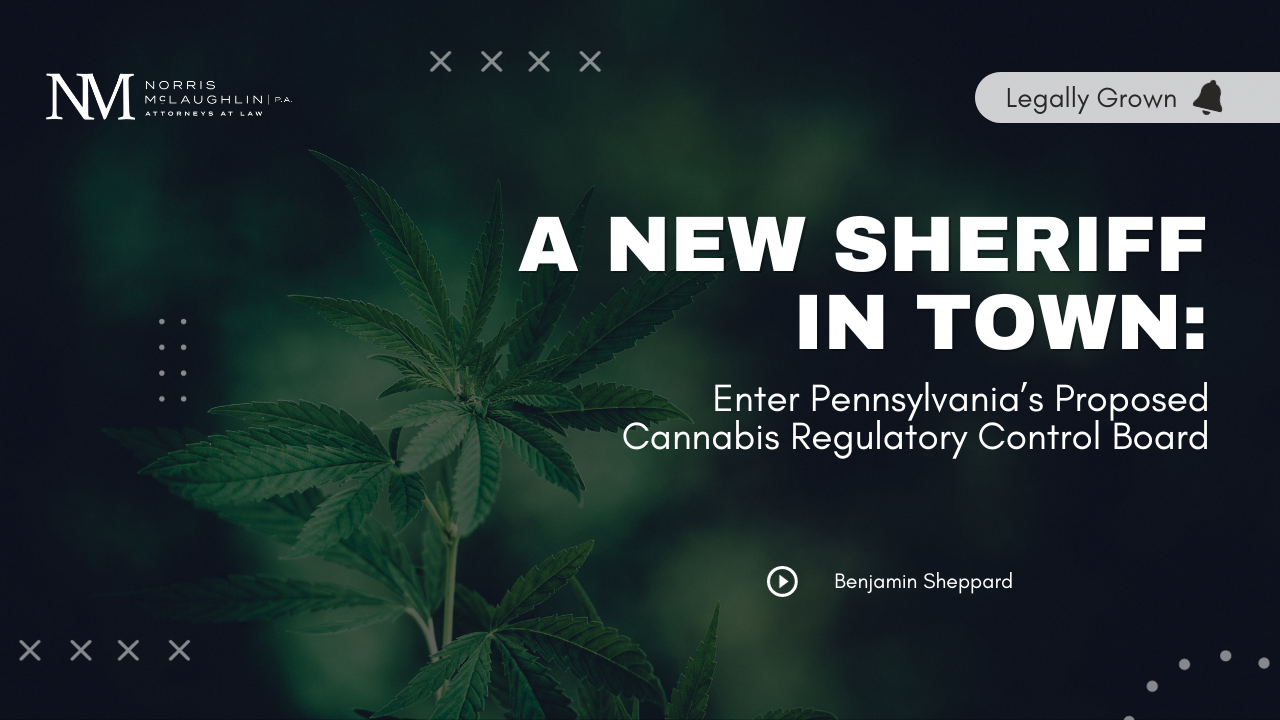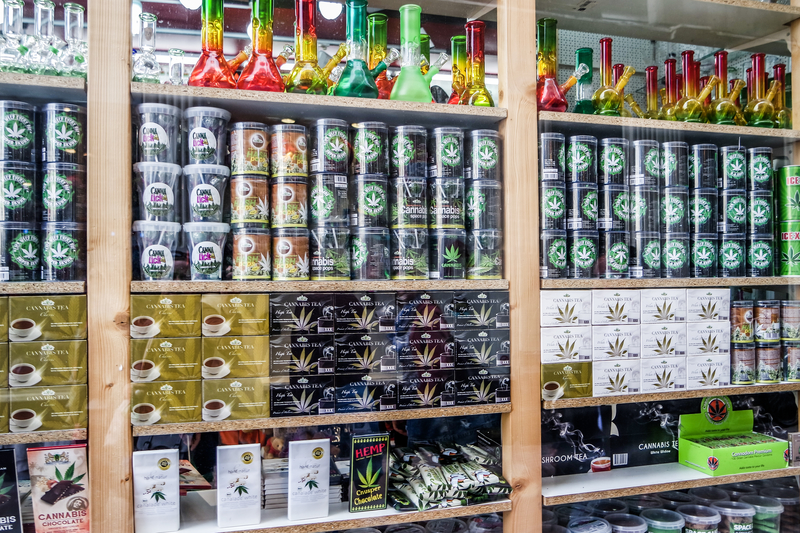Changes in Federal Regulation of Hemp and Other CBD Products

The hemp plant reportedly has over 20,000 different uses, from rope and cloth, to building materials, to medicine, and much more. Despite hemp’s unique versatility, it currently gets the most attention for a single distillate: CBD.
Introduction
Just one of hundreds of “cannabinoids” found in the cannabis plant, CBD is the best-known cannabinoid in the world after its famous cousin, THC. Despite CBD’s near-ubiquitous presence in the marketplace—in everything from lotion to sparkling water to pet care items—the health benefits of the compound are only beginning to be understood.
The CBD explosion over the last few years has drawn the eye of state and federal regulators. The main problem for hemp and CBD companies when it comes to compliance, however, is that there is a fundamental void in regulation. Thus, many hemp and CBD companies have been operating in regulatory limbo. This will all change very soon, however, as both the federal government and the State of New Jersey are working on regulations to govern the growth, sale, processing, and distribution of hemp and CBD.
Hemp Regulations
Let’s start with hemp, the plant from which CBD is primarily derived. As readers of this blog will know, the federal government legalized hemp and de-scheduled it as a controlled substance with the signing of the 2018 Farm Bill. But the stroke of a pen didn’t necessarily change things overnight. The 2018 Farm Bill required that the United States Department of Agriculture (“USDA”) first promulgate regulations that will govern how states can implement their own hemp programs. The states then must establish their own rules and regulations to govern the production, growth, processing, and distribution of hemp and hemp-derived products. Some states are already ahead of the curve, however, as they had industrial hemp pilot programs that were permissible under the 2014 Farm Bill.
Although New Jersey did pass an industrial hemp pilot program law in November 2018, it never got off the ground due to the subsequent passage of the 2018 Farm Bill. In August of this year, however, Governor Murphy signed the Hemp Farming Act. This law is a significant step forward for hemp and CBD production and sale in the Garden State. But, as I previously wrote, only licensed “hemp producers” will qualify for protection under the law. Thus, any farmer or producer of hemp or hemp-derived products in New Jersey will have to go through the licensing process in order to be compliant with the Hemp Farming Act. Failure to do so could subject an individual or entity to the same penalties as those related to possession and/or distribution of marijuana.
So when are these regulations coming? Very soon.
The USDA regulations relating to hemp farming are drafted and currently sitting with the White House Office of Management and Budget. They are expected to be released in the next few weeks.
New Jersey is statutorily required by the Hemp Farming Act to submit interim regulations by November 7, 2019— just over a month away. Check back here soon for more information. If everything goes according to plan, New Jersey will have licensed hemp farmers and producers in time for the 2020 growing season. Individuals considering licensure should be consulting with professionals (including cannabis counsel), building their personnel team, and putting together their business plan now, to make sure the application process goes as smoothly as possible.
Federal CBD Regulations
New Jersey’s Hemp Farming Act went one step further with regard to CBD and other hemp-derived products. Specifically, the law allows derivatives of hemp, including CBD, to be added to cosmetics, personal care products, and products intended for human or animal consumption to the maximum extent permitted by federal law. This sounds great for all you CBD enthusiasts out there, right? Well, that depends on what the federal government has to say about it.
Right now, the FDA has taken the position that CBD should not be put into food products. It wrote in a July 17, 2019 memo that “it is currently illegal to put into interstate commerce a food to which CBD has been added, or to market CBD as, or in, a dietary supplement.” The FDA has taken this position because CBD was the subject of clinical investigations for potential medical uses and because it is an active ingredient in Epidiolex, an FDA-approved prescription drug that treats rare, severe forms of epilepsy. Furthermore, the FDA has taken a strong stance against CBD companies that make bold and unsupported claims about the health benefits such as it “works like magic,” is a “miracle pain remedy,” or is “clinically proven to treat cancer, Alzheimer’s disease, multiple sclerosis, fibromyalgia, cigarette addiction and colitis.”
That is the FDA’s current stance. Further guidance is expected in the coming months. On September 17, 2019, Senate Majority Leader Mitch McConnell proposed language into a bill that directs the FDA to provide a report within 90 days that states FDA’s progress “toward obtaining and analyzing data to determine a policy of enforcement discretion, and the process in which CBD meeting the definition of hemp will be evaluated for use in products.” Furthermore, it requires the FDA to issue a policy of enforcement discretion with regard to CBD that would take effect until FDA establishes a process through which CBD stakeholders could have their product approved by the FDA.
Conclusion
Individuals and businesses operating in the CBD space should take note of these important regulatory updates coming down the pike and be sure that they are prepared to comply with them. We here at Norris McLaughlin are carefully monitoring these important issues and are prepared to assist you in whatever way we can. If you have any questions, please feel free to contact me at (908) 252-4236 or ealvarez@norris-law.com.



